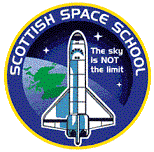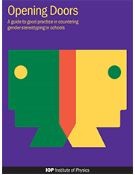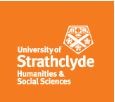November 25, 2015
by User deactivated
0 comments
Award-winning animator Eoin Duffy has teamed up with filmmaker Jamie Lochhead and science communicator / astrophysicist Anais Rassat to create a striking 3 minute animation narrated by David Tennant that celebrates 100 years of Einstein’s greatest work – general relativity.
Einstein first presented the theory on the 25th of November 1915, 100 years ago today. The theory – which describes gravity, space and time – is regarded as the greatest feat of thinking about nature to come from a single mind. It explains everything from how planets in the solar system orbit our sun, to black holes and how the Universe evolved after the Big Bang.
Astrophysicist Anais Rassat explains: “Einstein’s theory of general relativity is not just about understanding gravity, it is central to our understanding of the entire Universe”. Jamie Lochhead adds “Einstein’s big idea was the concept of warped space and time. It’s mind-bending stuff!”
With modern telescopes, scientists have determined that Einstein’s theory requires nearly 70% of the universe to be made of a mysterious energy called dark energy, and 25% of dark matter, an exotic matter that has never been observed on earth. Together, this mysterious 95% is called the “dark universe” by scientists, meaning that normal matter we have on earth is only 5% of the Universe. “Understanding the nature of the dark universe is one of the major challenges of modern astrophysics ,” says Rassat.
The animation is funded by the STFC. It is hoped that on the centennial of the great theory, the film will reach a wide online audience and inspire viewers with the wonder of Einstein’s masterpiece.
Youtube: : https://youtu.be/6HQW3Wyv16I
Website: www.einstein100.com
Facebook page: https://www.facebook.com/EinsteinOneHundred/
Social media hashtag: #Einstein100










